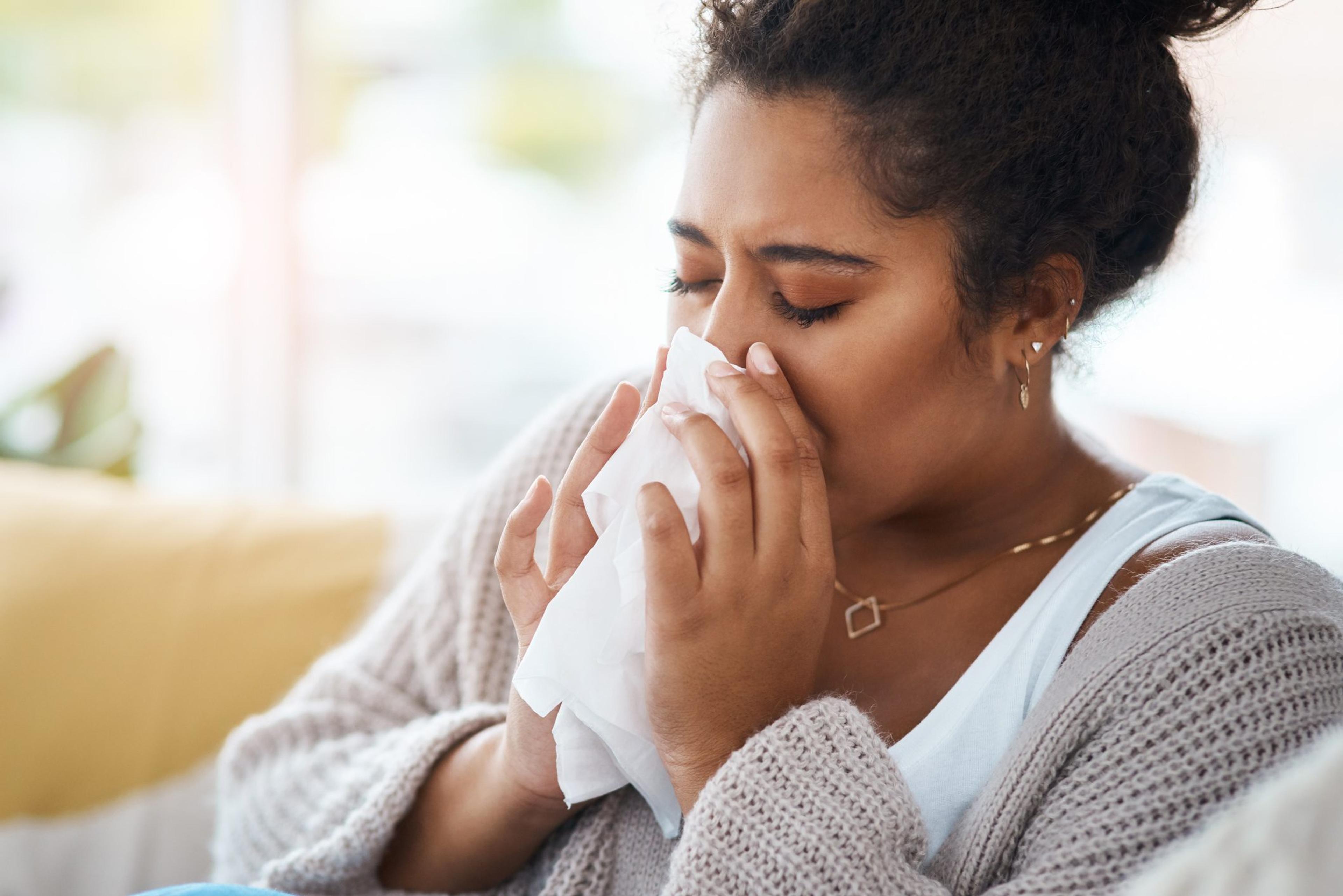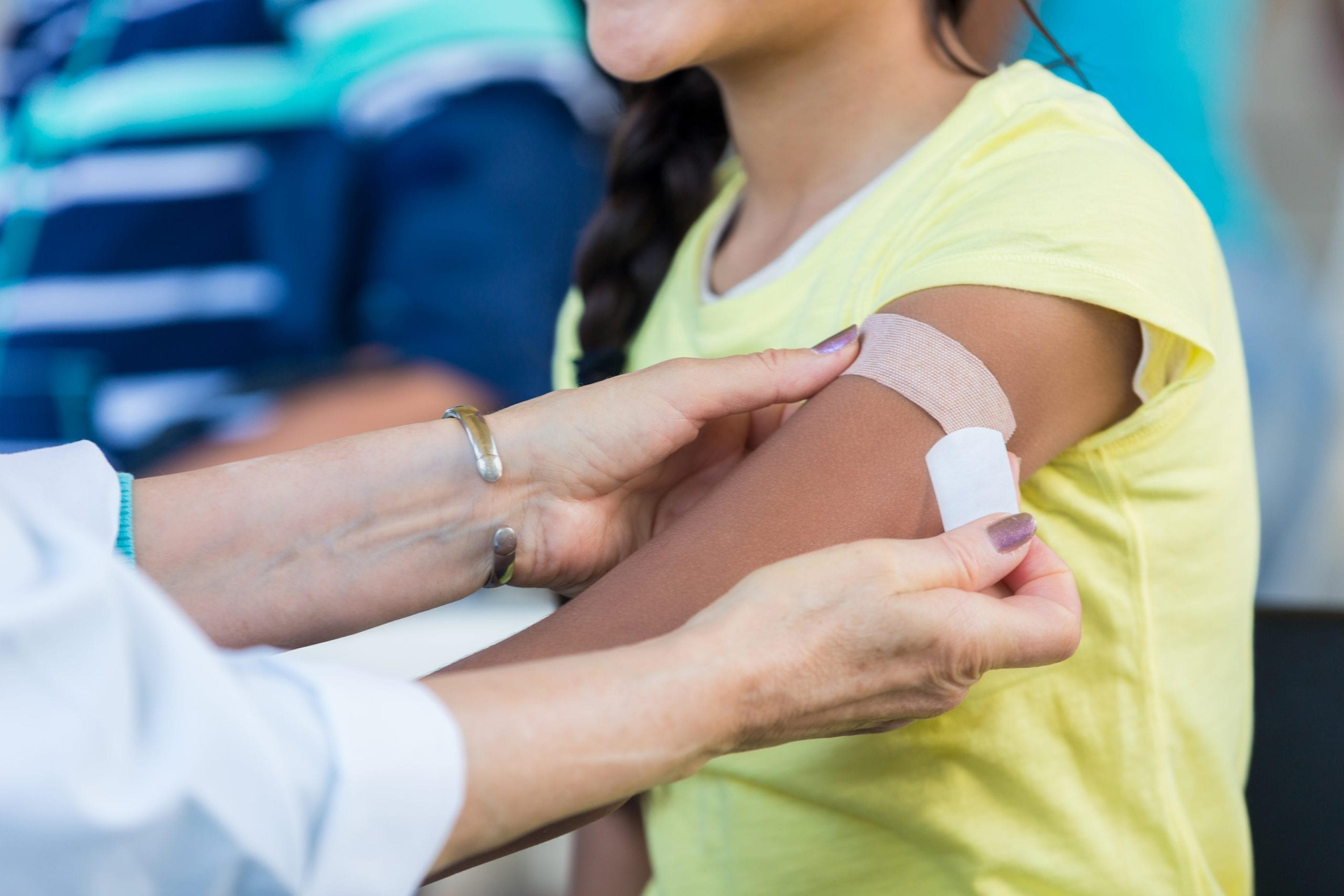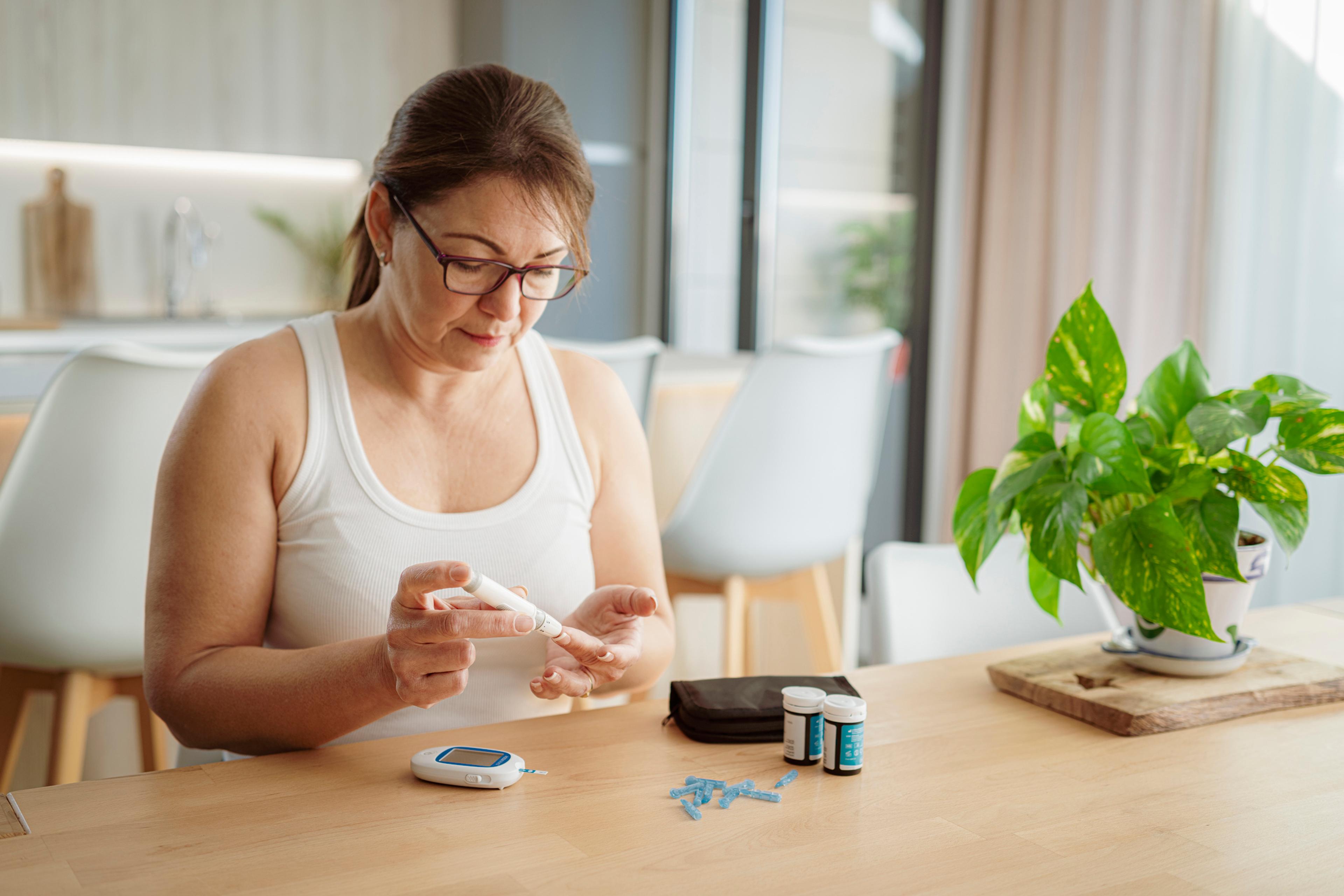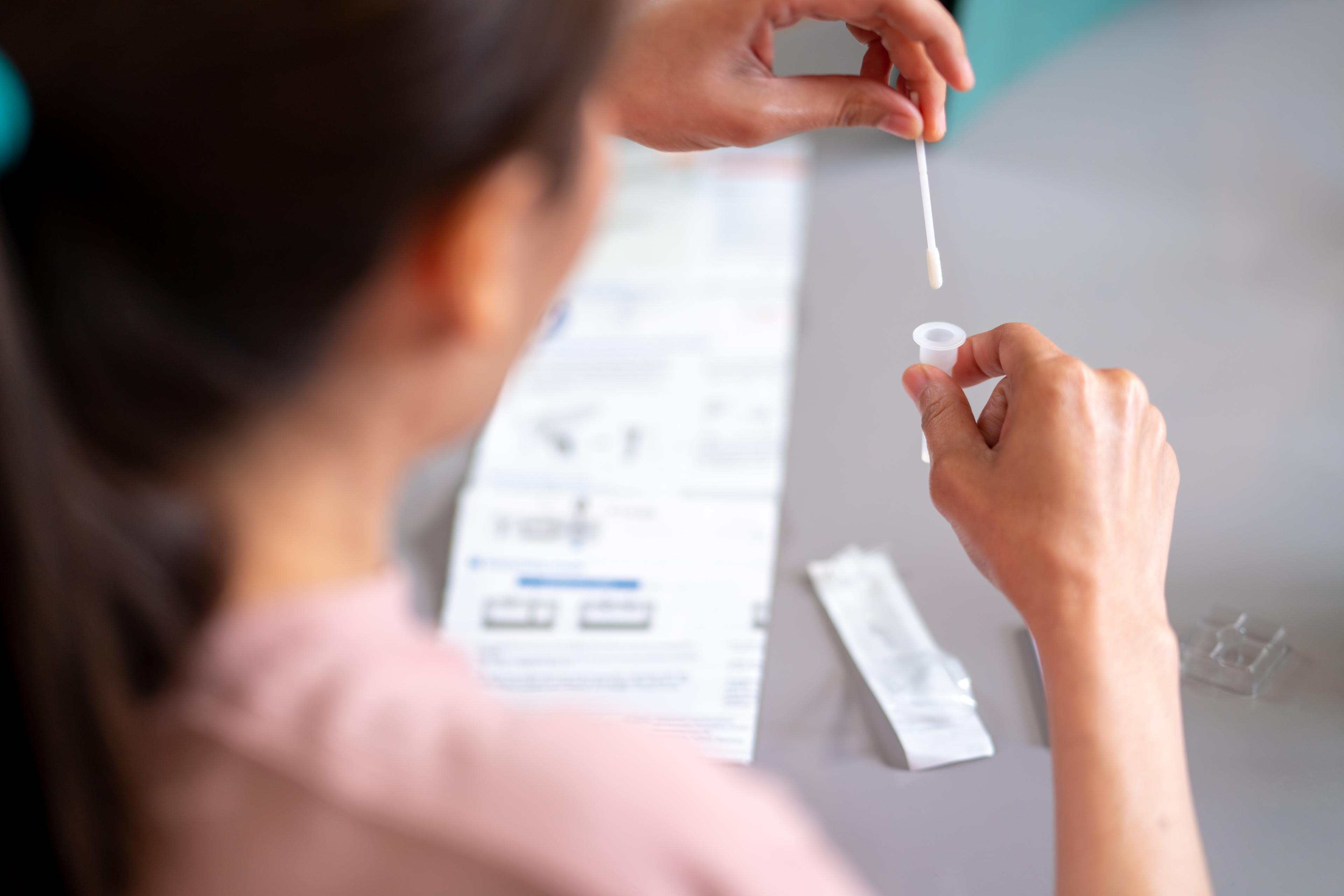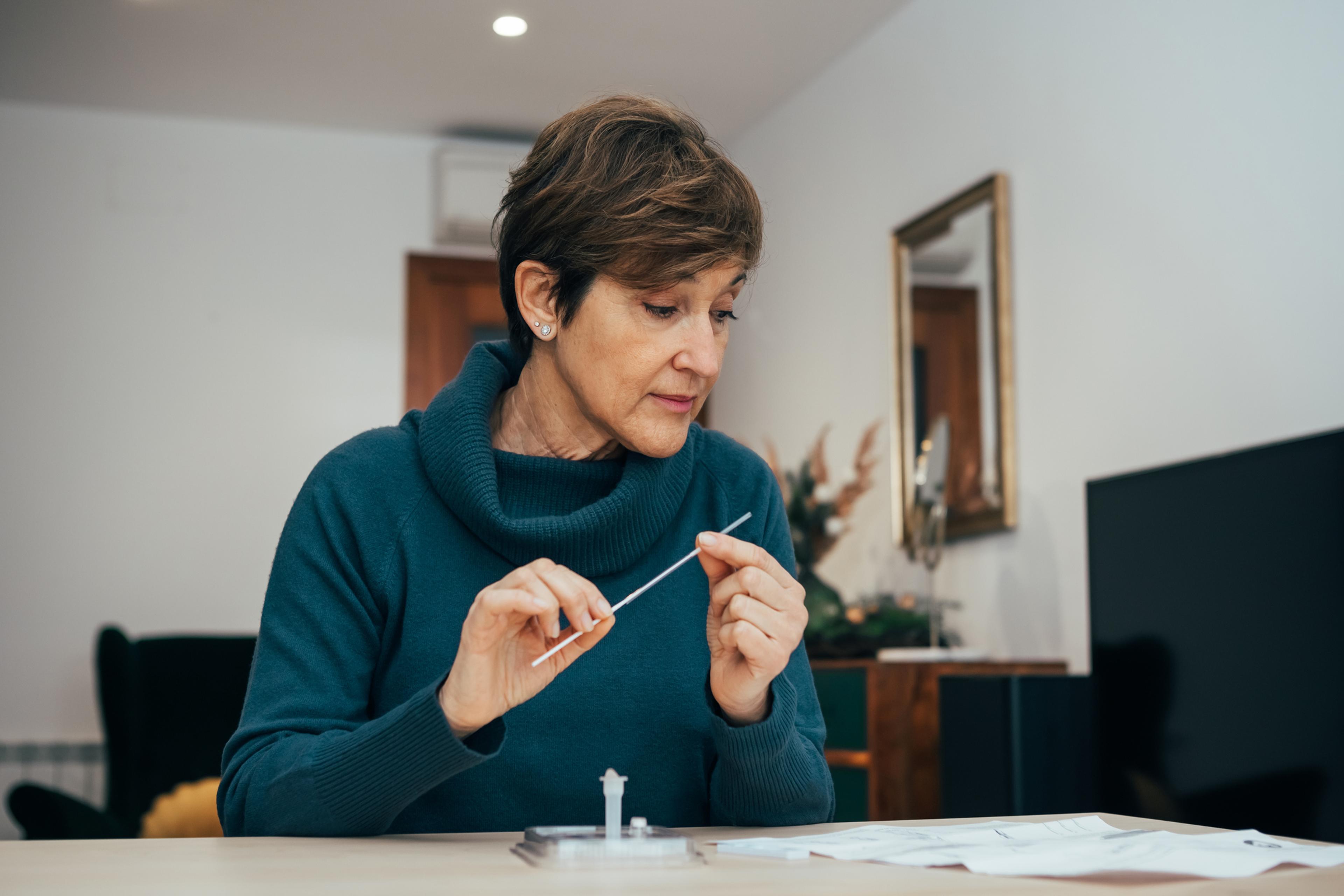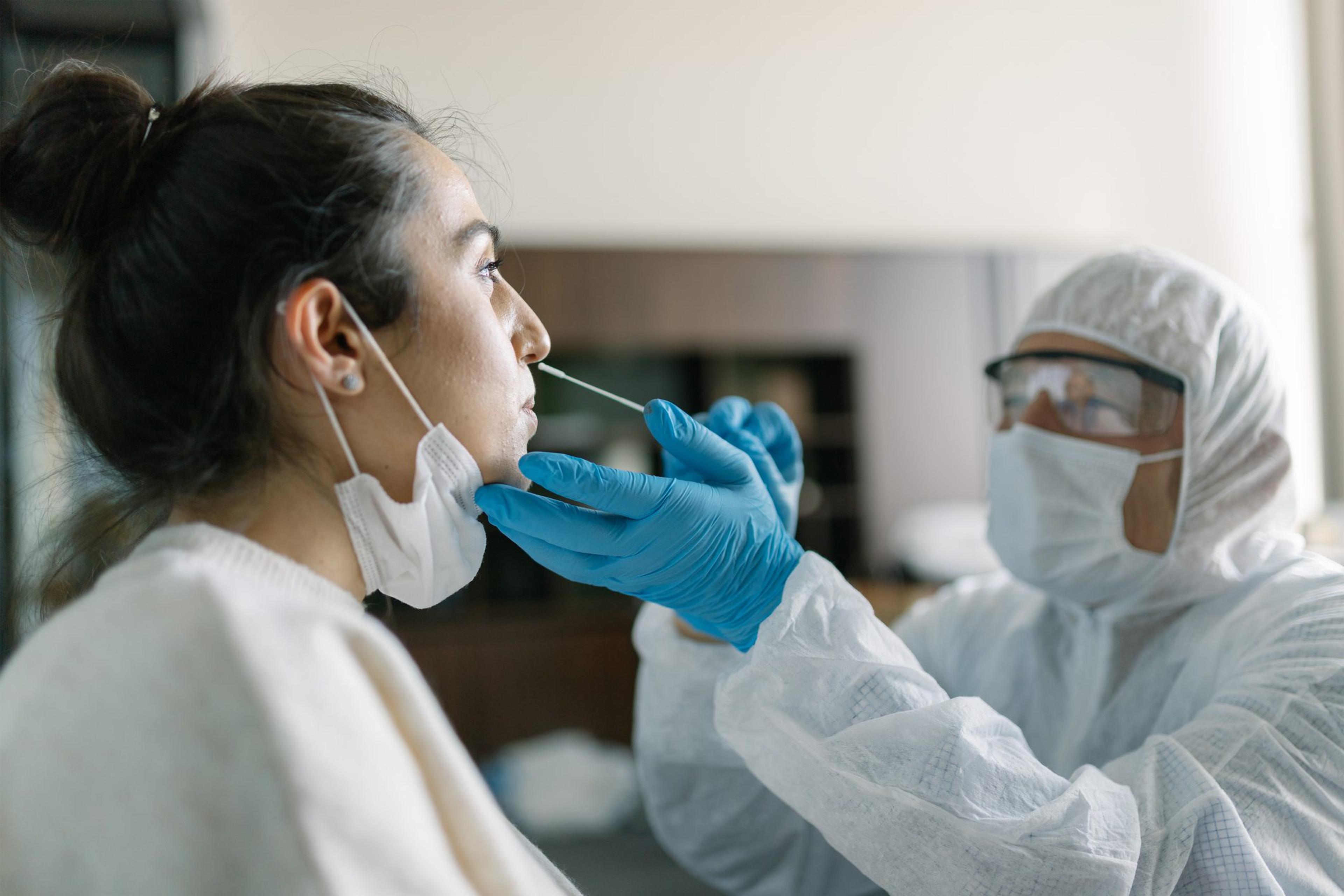
As the omicron variant of COVID-19 spreads through Michigan and the rest of the country, a greater demand for testing is setting in. Individuals are snatching up at-home antigen tests and scheduling polymerase chain reaction (PCR) tests at a much greater pace than they were even a month ago, as statewide omicron cases continue to climb in early 2022.
Tests available from federal government
You can now order four free COVID-19 at-home tests from the federal government by visiting covidtests.gov. The online form asks for your name and address, and the test kits are mailed to you.
When should I get tested?
Whether you are vaccinated or not, you should get tested if you experience symptoms of COVID-19, which may appear anywhere from 2 to 14 days after your exposure to the virus. Those symptoms, according to the Centers for Disease and Control Prevention (CDC), include but are not limited to:
- Congestion or runny nose
- Cough
- Diarrhea
- Fatigue
- Fever or chills
- Headache
- Muscle or body aches
- Nausea or vomiting
- New loss of taste or smell
- Shortness of breath or difficulty breathing
- Sore throat
Other circumstances that call for a COVID test:
- If you are fully vaccinated, you should be tested 5–7 days after your last exposure.
- If you are not fully vaccinated, you should get tested immediately when you find out you are a close contact (within six feet for a total of 15 minutes of more) with someone with confirmed COVID-19. If your test result is negative, you should get tested again 5–7 days after you last exposure or immediately if symptoms develop.
- If you took part in activities that put you at higher risk for COVID-19 because you could not socially distance as needed. This includes any recent travel or social or mass gathering you attended, especially if it took place in a crowded indoor setting.
- If you are not fully vaccinated with COVID-19 vaccine, you should take a test if you have been asked or referred to get tested by your school, workplace, health care provider, state, tribal, local-external icon or territorial health department.
PCR vs. antigen tests
PCR tests are molecular tests in which a medical professional typically uses a nasal swab to detect the virus’ genetic material. The typical turnaround time for a COVID PCR test result is 2 to 4 days. Antigen, or rapid tests, are the take-home tests you can purchase from pharmacies or grocery stores, usually costing between $15 and $25. These testing kits typically contain two tests per box. The typical turnaround time for a COVID antigen test result is 15 to 30 minutes. PCR tests are more effective than antigen tests at identifying infected individuals prior to or early during their window of infection. Antigen tests are most effective when someone is very symptomatic and has a lot of the virus in their system.
Will my insurance plan reimburse me for at-home test kits?
Beginning Jan. 15, commercial market plans and insurers will begin reimbursing commercial members for at-home rapid antigen and molecular COVID-19 tests, as required by the federal government. Medicare plans are not covered by the federal requirement. Blue Cross Blue Shield of Michigan (BCBSM) and Blue Care Network (BCN) are making changes to our existing member reimbursement programs for at-home testing that will operate similarly to a rebate program.
Here’s how it works for members:
- Fill out a one-page online form that includes the submission of receipts from at-home test kit purchases.
- Return the form to us.
- Once received, we will input the form as a health care claim and process it.
- A check covering the full amount of your original purchase will be issued and mailed if your submission qualifies.
Only FDA-authorized tests qualify for the new program, and members must purchase them on or after Jan. 15. The government requirements allow for the reimbursement of up to eight at-home COVID-19 rapid diagnostic tests for each member under commercial health insurance coverage per calendar month. Please note that a box containing two tests is counted as two separate tests. The plan does include tests for children under your health care coverage. Due to the potentially high volume of requests, it could take up to 60 days for members to receive reimbursement. You can find the reimbursement form on the BCBSM website by visiting this link.
Where can I get tested?
The Michigan Department of Health & Human Services offers a COVID-19 test locater website, filtered by desired test type, location, cost, visit time and whether an adult or child is being tested. Results also show accepted insurance plans and patient reviews. These sites include mostly urgent care facilities and pharmacies. For more information or guidance, call Michigan’s COVID-19 hotline at 1-888-535-6136. The hotline can be reached between 8 a.m. and 5 p.m. seven days a week. The latest on COVID-19:
- 4 Things to Include in a COVID-19 Care Kit
- Supporting Kids Through a Continued Crisis
- FAQ About the New COVID Antiviral Pills
Photo Credit: Getty Images

